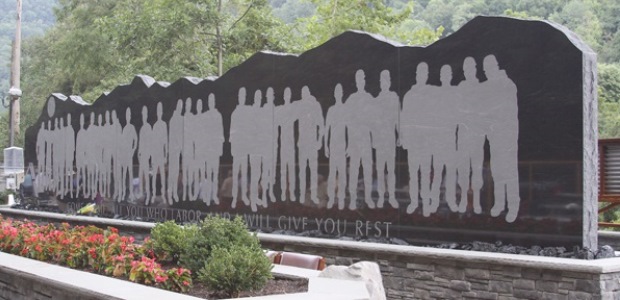The company now faces $219,242 in proposed penalties.
DOT said that the amendments include changes to proper shipping names; hazard classes; packing groups; special provisions; packaging authorizations; air transport quantity limitations; and vessel stowage requirements.

A 3-0 decision by a panel of judges from the 4th U.S. Circuit Court of Appeals denied his appeal of his conviction for conspiracy to willfully violate federal mine health and safety standards.
A follow-up inspection found the company failed to develop and implement adequate lockout/tagout procedures, exposed workers to live electrical contacts, did not install machine guards, and exposed workers to fall hazards.
The alliance will continue to support worker safety education throughout Colorado.
The agency has asked the Bellingham-based company to provide multi-piece tires and rimes training.
They expect their jointly owned health plan company, Allina Health and Aetna Insurance Company, will be a new option for wellness and employers and consumers in metropolitan Minneapolis-St. Paul.

The British Antarctic Survey station is being moved about 15 miles to get away from new crack in the floating Brunt Ice Shelf in Antarctica, and it will shut down from March to November this year.

The agency made the announcement following southwestern Idaho's record snowfall. Winter storms are affecting much of the northern half of the country this week.
The agency's goal is to use the information to provide insight on the most important barriers faced by organizations that must purchase, use, approve, and manufacture electronic safety technologies for underground mining.
Selected trucking and bus companies must submit their 2016 drug and alcohol testing results by March 15.
The practices will help employers make workers feel comfortable voicing their concerns without fear of retaliation.

The last search vessel on Jan. 17 left the zone where an underwater search has been under way for months.
The U.S. Army Research Laboratory has a partner in this work -- the Japanese Ministry of Defense. On Dec. 19, 2016, Japanese medical researchers visited Maryland for an update on the work.

The $7 million digital, radio, and video campaign addresses young male motorists, and a supporting video shows a train slamming into an SUV.
The information is to include the specific chemical identity, production volume, methods of manufacture and processing, exposure and release information, and existing information concerning environmental and health effects, "insofar as known to or reasonably ascertainable by the person making the report," it states.

The committee's main goal during the second meeting, which is open to the public, will be to review and potentially approve three task groups, including one to review issues related to the roles and responsibilities of federal, state, and local governments in regulating and enforcing drone laws.